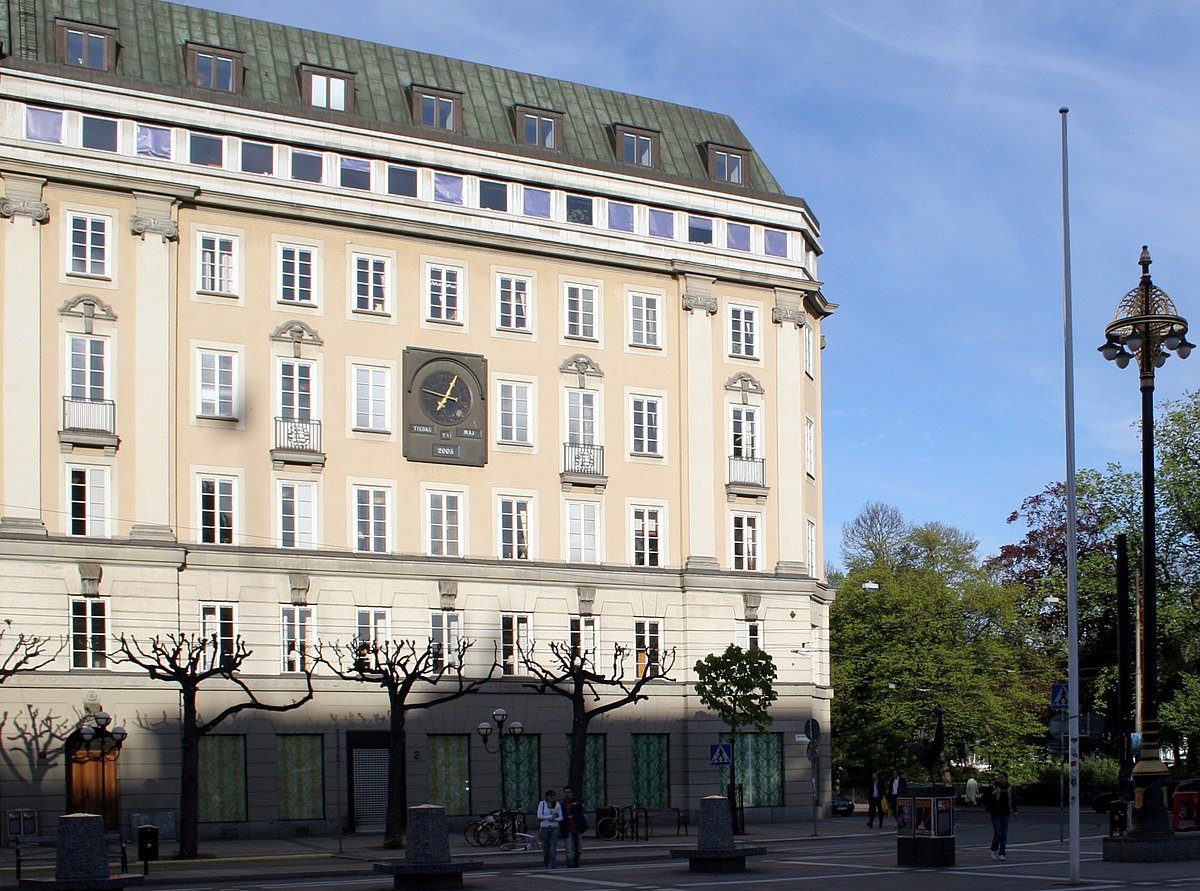In 1973, Jan-Erik Olsson, a convict on parole, took four employees (three women and one man) of Kreditbanken, one of the largest banks in Stockholm, Sweden, hostage during a failed bank robbery. He negotiated the release from prison of his friend Clark Olofsson to assist him. They held the hostages captive for six days (23–28 August) in one of the bank’s vaults. When the hostages were released, none of them would testify against either captor in court; instead, they began raising money for their defense.
Nils Bejerot, a Swedish criminologist and psychiatrist invented the term after the Stockholm police asked him for assistance with analyzing the victims’ reactions to the 1973 bank robbery and their status as hostages. As the idea of brainwashing was not a new concept, Bejerot, speaking on “a news cast after the captives’ release” described the hostages’ reactions as a result of being brainwashed by their captors. He called it Norrmalmstorgssyndromet (after Norrmalmstorg Square where the attempted robbery took place), meaning “the Norrmalmstorg syndrome”; it later became known outside Sweden as Stockholm syndrome. It was originally defined by psychiatrist Frank Ochberg to aid the management of hostage situations.
According to accounts by Kristin Enmark, one of the hostages, the police were acting incompetently, with little care for the hostages’ safety. This forced the hostages to negotiate for their lives and releases with the robbers on their own. In the process, the hostages saw the robbers behaving more rationally than the police negotiators and subsequently developed a deep distrust towards the latter. Enmark had criticized Bejerot specifically for endangering their lives by behaving aggressively and agitating the captors. She had criticized the police for pointing guns at the convicts while the hostages were in the line of fire, and she had told news outlets that one of the captors tried to protect the hostages from being caught in the crossfire. She was also critical of prime minister Olof Palme, as she had negotiated with the captors for freedom, but the prime minister told her that she would have to content herself to die at her post rather than give in to the captors’ demands. Ultimately, Enmark explained she was more afraid of the police whose attitude seemed to be a much larger, direct threat to her life than the robbers.
Olsson later said in an interview that he could have easily killed the hostages in the beginning, but over the time it became more difficult as he also developed an emotional bond with them:
“It was the hostages’ fault. They did everything I told them to. If they hadn’t, I might not be here now. Why didn’t any of them attack me? They made it hard to kill. They made us go on living together day after day, like goats, in that filth. There was nothing to do but get to know each other.”
Worse: it sprang from police inhumanity.
True.
It’s not that we’re incompetent, it’s that they didn’t WANT us to be competent
What are you talking about?
I think they’re referring to the retcon of the situation by authorities; and the subsequent creation and perpetuation of a mythical psychological phenomenon.



